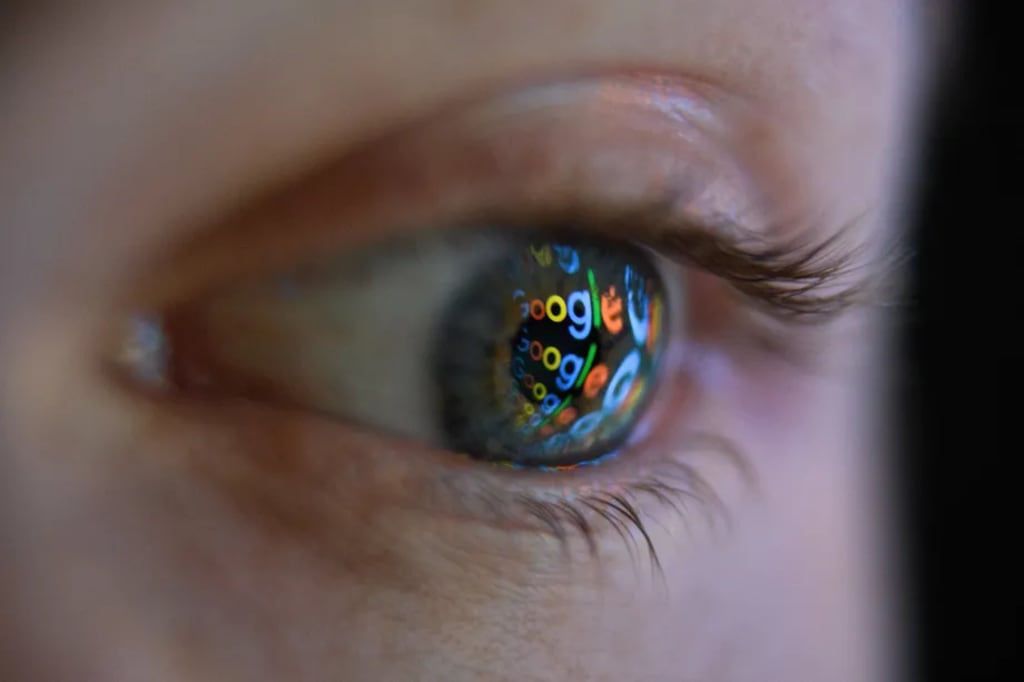Content warning
This story may contain sensitive material or discuss topics that some readers may find distressing. Reader discretion is advised. The views and opinions expressed in this story are those of the author and do not necessarily reflect the official policy or position of Vocal.
Google's Bard: The Next Evolution in Generative AI Integration
Microsoft was first to AI search, but Google can now pull stuff in from Gmail, Docs, Maps, and more — for free.

Introduction:
In the ever-evolving landscape of artificial intelligence, Google and Microsoft are once again vying for supremacy, this time in the realm of generative AI. While the initial buzz around consumer generative AI has subsided since its peak in early 2023, recent updates from both tech giants suggest a renewed battle for dominance. Google's latest enhancements to Bard, its generative AI tool, have already made waves, offering more than just search capabilities. In this article, we'll delve into the latest developments surrounding Bard and how these innovations are reshaping the way we interact with AI in our daily lives.
Bard's Evolution: From Search to Integration
Google's Bard, initially introduced as an experimental generative AI, is now making significant strides towards becoming an integral part of our digital lives. The recent updates to Bard signal a shift from being a mere search tool to being seamlessly integrated into various Google apps and services. This integration opens up exciting possibilities for users who can harness the power of generative AI across a spectrum of tasks.
Bard Extensions: A Gateway to Integration
One of the standout features of the updated Bard is the introduction of "Bard Extensions." This innovation allows users to incorporate Bard into an array of Google tools and applications, ranging from Gmail and Google Drive to YouTube, Maps, Flights, and Hotels. The idea is to make Bard an invaluable companion that can assist users in their daily routines, whether it's planning a trip, managing emails, or summarizing documents.
Enhanced Collaboration and Productivity:
The potential use cases for Bard Extensions are numerous. For instance, users can seamlessly plan a trip by pulling information from Gmail, Flights, Hotels, and YouTube. This integrated approach streamlines tasks that might have previously required multiple apps and manual coordination. Additionally, Bard can extract data from a resume stored on Google Drive and generate a concise summary to aid in crafting a cover letter within Google Docs or Gmail. This level of integration enhances collaboration and boosts productivity.
A Free Offering to Consumers:
Crucially, Google is making these Bard features available to the general public for free. While Microsoft has also integrated generative AI into its products, many of its offerings are geared toward enterprise customers and come with associated costs. In contrast, Google's approach aims for widespread adoption by consumers. The free accessibility factor may prove to be a pivotal advantage in the race for AI supremacy.
Microsoft's Role and Future Ambitions:
Microsoft, as a major player in the AI arena, is set to announce AI innovations of its own. While the specifics remain under wraps, Microsoft has previously integrated generative AI into various products for enterprise customers. Whether Microsoft will venture into the consumer market to compete with Google's Bard remains to be seen, but Google's free offerings may pose a challenge for widespread adoption.
The Second Wave of AI Announcements:
These developments mark the second wave of major AI announcements from Google and Microsoft this year. The initial unveiling of AI search integration earlier in the year kick-started the AI Search Race, with both companies vying for dominance in this arena. While the integration of generative AI into search engines has not caused a seismic shift in user behavior, the latest updates signal a shift towards more seamless integration into daily tasks and workflows.
The Challenges Ahead:
Generative AI, though promising, faces challenges such as accuracy issues and hallucinations that have made it an unreliable source of information. The "Google it" button in Bard, which allows users to double-check its responses, is a nod to these accuracy concerns. Users are more likely to trust AI when it acknowledges its limitations and potential mistakes.
Conclusion:
Google's Bard represents a significant step in the evolution of generative AI, shifting from search-centric capabilities to seamless integration into everyday tasks. The introduction of Bard Extensions and its free accessibility to consumers make it a compelling offering. As the AI landscape continues to evolve, it remains to be seen whether Microsoft will respond with its own consumer-focused generative AI solutions. The future of AI integration in our daily lives holds great promise, with Bard leading the charge as a versatile and accessible companion in the digital age.
About the Creator
Enjoyed the story? Support the Creator.
Subscribe for free to receive all their stories in your feed. You could also pledge your support or give them a one-off tip, letting them know you appreciate their work.






Comments
There are no comments for this story
Be the first to respond and start the conversation.